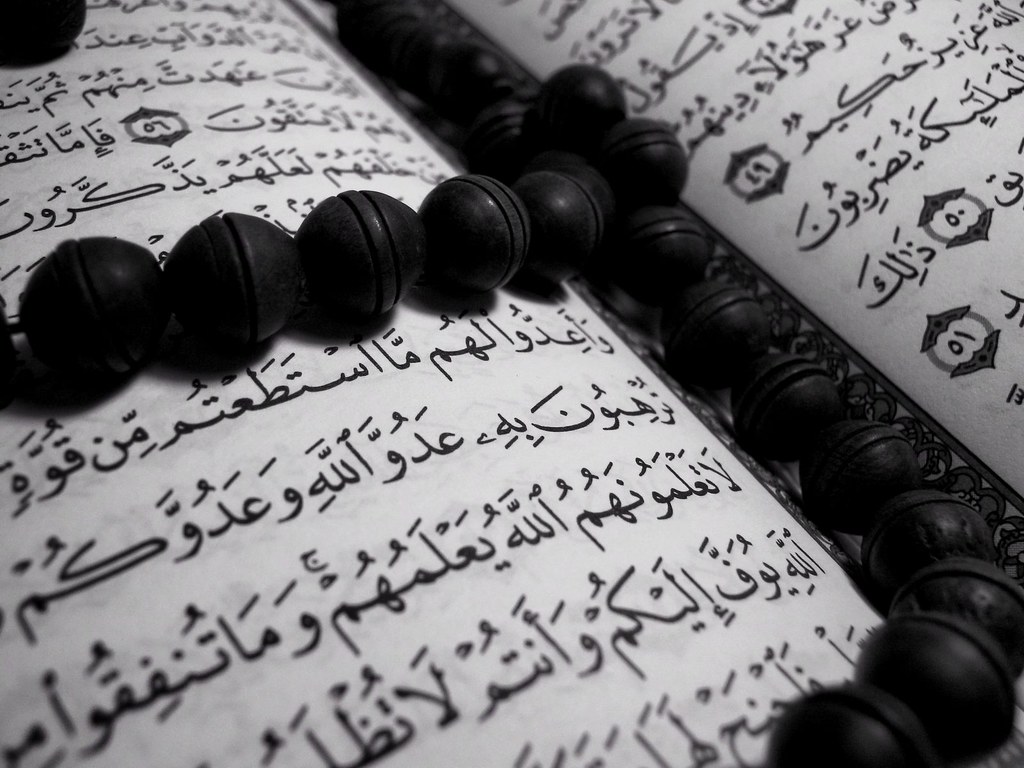Sally: Hey Zaynab, want to go grab lunch with me after class today?
Zaynub: Sorry, I can’t today. It is the first day of Ramadan.
Sally: So this may sound stupid, but can I ask you something?
Zaynub: Sure.
Sally: Do you fast all day long?
Zaynub: No. I fast from sunrise to sundown.
Sally: That’s not so bad. If I were you, I would just chew gum and drink water all day. And then, I would feast at night.
Zaynub: But you are not allowed to eat or drink anything…
Sally: OMG, I would die. There is no way I could do it; it would be like torture.
Zaynub: It’s not actually as bad as it sounds. You get used to it, and I kind of even miss it when it ends.
Sally: Really? So if you don’t mind me asking, why do Muslims fast?
Zaynub: Well…one reason is so that we can feel what the less fortunate feel. It allows us to put ourselves in their shoes.
Sally: Oh, ok. A whole month of fasting…good luck!
This conversation probably rings familiar to many of you, especially during Ramadan. It is that time of year again where you are checking the time more than you are checking Snapchat, where you are talking less to those around you in fear of scaring them off with your breath, and where you are receiving all sorts of questions regarding your fast.
During this time, a lot of our non-Muslim friends and colleagues ask us why we fast, and the most common answer that is given is: to feel empathy with the less fortunate. Yes, this is one component of it, but what does the Qur’an really tell us about fasting?
In Surah Al-Baqarah [2:183] Allah (swt) says “O you have believed, decreed upon you is fasting as it was decreed upon those before you that you may become righteous.” This verse instructs us to fast during the month of Ramadan by way of our iman (faith). It is teaching us that the purpose of fasting isn’t to lose weight or show off, but to willingly fast out of the sincerity of our faith. Secondly, the verse also mentions that fasting will help attain righteousness (taqwa). But what does attaining righteousness really mean? When we fast, we enter a spiritual state of mind that teaches us to be obedient to our Creator. This means avoiding what is wrong and engaging in what is right. Think of it this way: by controlling your desire for food (something that you cannot truly live without), you are also training your mind to control your desires and temptations (things you are able to live without).
This Ramadan, really take some time to ask yourself why you are fasting. Yes, fasting does help us empathize with the less fortunate, but why not just spend a day with a homeless person? Yes, fasting does help us refrain from becoming angry, but why don’t we take some anger management classes? Why is it that we fast for a month every single year? As you see, there are many objectives to fasting, but the main objectives are to please our Creator and celebrate the revelation of the Quran. May Allah (swt) accept all of our fasts, forgive all our sins, and increase our iman (faith). Ameen.


The point of fasting is that it’s between you and God. Nothing to showcase about.